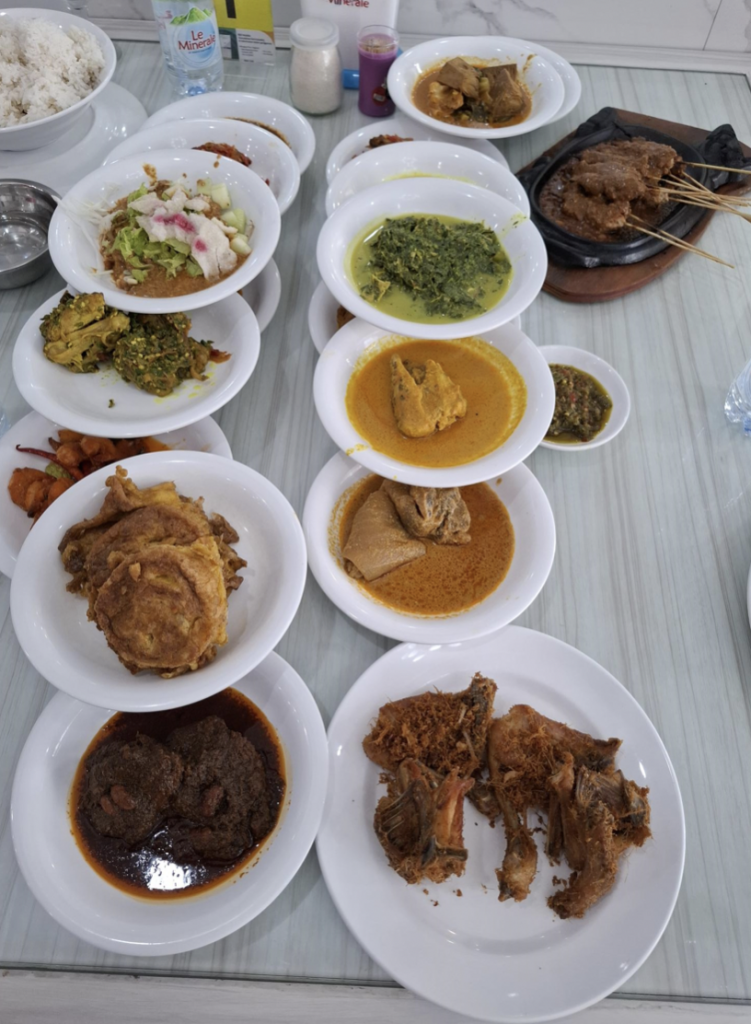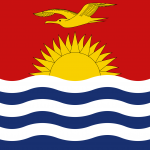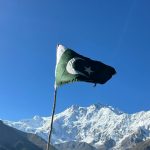Sumatra, the sixth-largest island in the world, is one of Indonesia’s most under-rated travel destinations. Lush rainforests, smouldering volcanoes, misty highlands, and vibrant local cultures collide in this untamed paradise. While Bali and Java often steal the spotlight, Sumatra quietly enchants the intrepid traveller.
Medan: The Bustling Gateway
Most travellers begin their Sumatran adventure in Medan, the capital of North Sumatra. Though often overlooked as a mere transit point, Medan has a rich cultural fabric woven from Batak, Malay, Chinese, and Indian influences. The city’s culinary scene is among the best in Indonesia – don’t miss out on Soto Medan (Medan Chicken Soup) or the famed Durians at Ucok Durian (famous durian outlet), a 24/7 haven for fans of the pungent King of Fruits.
One unique refreshment not to miss is Badak, a locally beloved soda originating from nearby Pematangsiantar. Its most famous flavour, sarsaparilla, is a nostalgic treat and a symbol of regional pride.
Medan also offers architectural gems like the Sultan’s Palace (Maimun Palace), the grand Masjid Raya (Great Mosque), and remnants of Dutch colonial heritage. A must-visit is the Tjong A Fie Mansion, once home to a Chinese Hakka businessman who played a major role in shaping Medan’s multicultural identity. The mansion is now a museum showcasing a blend of Chinese, Malay, and European design.
Medan is also the perfect base for venturing further into North Sumatra’s natural wonders.




Lake Toba & Samosir Island: The Heart of Batak Culture
Just a few hours from Medan lies one of South-East Asia’s most impressive natural marvels – Lake Toba, the largest volcanic lake in the world. It was formed about 74,000 years ago by a super volcanic eruption, one of the most powerful on Earth. The cataclysmic event created a massive caldera, which gradually filled with water to become today’s majestic lake.
At its centre is Samosir Island, an island within a lake on an island, adding to its geographical allure. It’s a place to slow down and soak in Batak culture. Ride a scooter through quaint villages, explore traditional Batak houses, attend a local sigale-gale puppet performance, or visit the tombs of Batak kings.
Adding to Samosir’s significance is the recently completed “Jesus the Saviour” statue, now officially the tallest statue of Jesus Christ in the world, standing over 61 meters (200 feet) high on Bukit Sibea-bea. It offers not only spiritual symbolism but also sweeping views of the lake and surrounding mountains.



Berastagi: Volcanoes and Mountain Breezes
Heading south from Lake Toba, Berastagi is a cool, scenic highland town nestled between two active volcanoes – Mount Sinabung and Mount Sibayak. Popular with both local and international tourists, it’s a refreshing change from the tropical heat of the lowlands. Wake early and hike up Mount Sibayak for a breath-taking sunrise above sulphurous craters. Wander through the bustling fruit markets, overflowing with avocados, bananas, mango, mangosteen, passionfruit, oranges, and snake fruit (salak) – a local delicacy with reddish-brown scaly skin and sweet, tangy flesh. The surrounding Karo villages also offer insights into traditional Batak architecture and animist traditions.



Palembang: A City on the River
In South Sumatra, Palembang offers a different flavour of Sumatran culture. One of the oldest cities in Indonesia, it traces its roots back to the Srivijaya Empire, a dominant maritime power between the 7th and 13th centuries. The Musi River, the lifeline of the city, is dotted with traditional wooden houses and bustling riverboats.
Palembang is known for its distinctive Malay culture and cuisine. Pempek, a savoury fishcake served with sweet and sour vinegar sauce, is a must-try local specialty. Visit the Ampera Bridge, explore the historical island of Kemaro, and learn about the city’s legacy at the Balaputradeva Museum.

Aceh: A Unique Cultural Enclave
At the island’s northern tip lies Aceh, a province with a strong Islamic identity and a complex history. Devastated by the 2004 tsunami, Aceh has since rebuilt itself with resilience. It is also known for enforcing sharia law, which sets it apart from the rest of Indonesia. While it offers dramatic coastlines like Lhoknga beach, and the moving Tsunami Museum in Banda Aceh, travellers are advised to dress modestly and respect local customs. Aceh remains a deeply religious region and is often regarded as a stronghold of Islamic conservatism; being nicknamed Mecca’s Front Porch.

Historical Echoes Across South-East Asia
Sumatra’s influence has rippled across the region. Parameswara, last King of Singapore and the founder of the Malacca Sultanate (also spelled Melaka – read link if you are going there), is believed to have been a prince from Palembang. Similarly, Prince Sang Nila Utama, linked to the founding of Singapura (now known as Singapore), is also thought to have originated from Sumatra. These connections highlight the island’s once-powerful role in shaping maritime South-East Asian history.
Other Places of Interest
- Bukit Lawang: A jungle village famous for orang utan trekking in the Gunung Leuser National Park.
- Padang: West Sumatra’s capital, known for spicy cuisine (rendang, anyone?) and Minangkabau architecture.
- Mentawai Islands: A surfer’s paradise with world-class waves and indigenous tribal culture.
- Kerinci Seblat National Park: Home to the elusive Sumatran tiger and the highest volcano in Indonesia, Mount Kerinci.
- Muaro Jambi Temple Complex: Near the town of Jambi, this vast archaeological site contains ancient Buddhist temples and relics dating back to the 7th century, offering a glimpse into Sumatra’s early religious and cultural development during the Srivijaya era.


Final Thoughts
Sumatra is not for the faint of heart. Its roads are winding, its cities chaotic, and its wilderness vast and unpredictable. But for those willing to embrace the adventure, the island offers something rare: authenticity. Whether you’re savouring spicy dishes in Medan, cruising across Lake Toba, climbing volcanoes in Berastagi, soaking in the historical currents of Palembang, or navigating the strict codes of Aceh, Sumatra promises a journey that’s as rich as it is raw. Watch Sumatra travel guide video.
This is Indonesia beyond the postcards – wild, diverse, and unforgettable.
YPT Tours to South-East Asia





